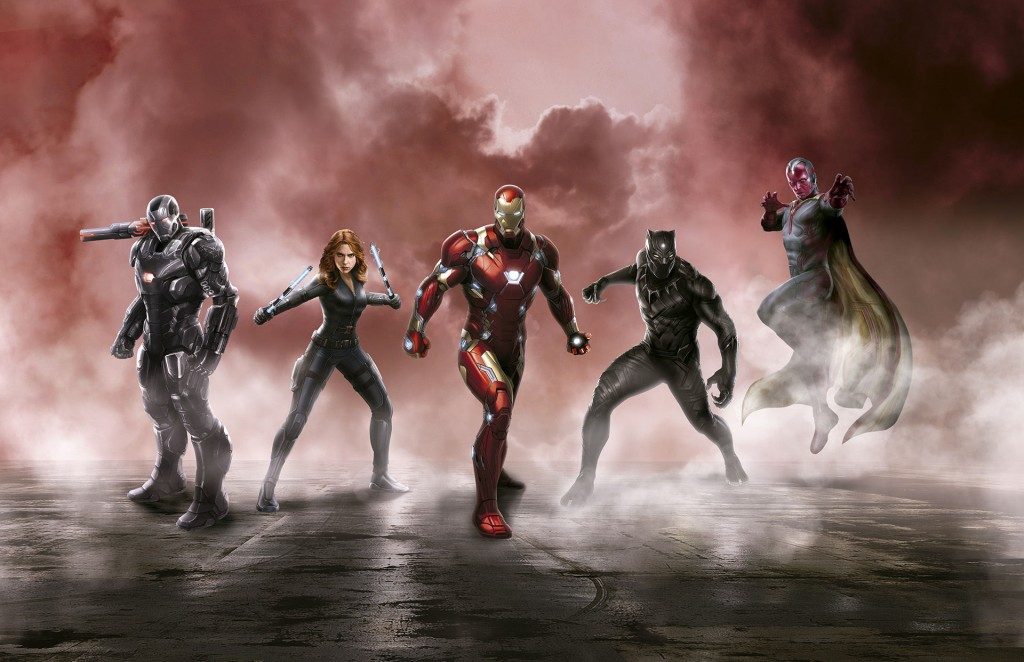
‘Captain America: Civil War’ film review
By Adam Tatelman, Arts Editor
2/5
Currently, the Marvel Cinematic Universe seems to occupy a strange ethereal plane that shields it from traditional film critique. Dislike the films? You’re obviously not a fan of the comics. And if you are, then you’re just a whiny fanboy who hates change. Civil War isn’t an awful film, but thanks to this peculiar mentality, it has no shortage of staunch defenders who refuse to admit to the existence of its structural flaws.
The plot is similar to that of Batman vs. Superman; following a fiasco in the third world that resulted in the deaths of many civilians, big daddy government decides that the Avengers need to be regulated by the U.N. Some, led by Captain America, fear that they will be used for political agendas under pain of imprisonment. The Avengers split into two factions as a result.
Though the comparison is unfavorable, Civil War does a better job of exploring the conflict because the Avengers have had several films in which to bond. Seeing them fractured sells the movie by itself because, unlike BvS, the stakes are clear and the conflict feels earned. However, the dissimilarities end there.
Civil War falls into the same trap of trying to set up too many future projects at once, leading to a lack of narrative focus. Tom Holland is pure gold as the new Spider-Man, but his presence in the film is a glorified advertisement for his reclamation by Marvel Studios. Ant-Man lends a comedic element to the otherwise heavy-handed proceedings, but he’s really just here to remind us that there will totally be an Ant-Man 2.
As if that weren’t enough, Black Panther joins the fray to plug his upcoming solo film. Chadwick Boseman is perfect for the role, but despite a crowd-pleasing reveal, his character feels superfluous. This is because the film insists on cramming in a villain character to manipulate the Avengers against one another, when the heroes’ ideological conflict should be the driving force of the film. Without this villain, Black Panther has no one to seek revenge against, and thus no stake in the battle. Together, they serve only to distract from the main plot.
Without giving too much away, the villain in question wants to destroy the Avengers for their past misdeeds. This connects him to the debate at hand, but his actions cheapen the film. Rather than seeing the heroes come to blows over their opposing stances on superhuman regulation, it happens because of a contrived reveal so that the writers can have an easier time getting everyone to kiss and make up for Avengers 3.
Even the civil war itself feels cheapened by this. The only real casualty of the film happens by accident because everyone’s pulling their punches. And since Iron Man’s pro-regulation stance clashes with his established character, it feels contrived. Guilt over his mistakes in Age of Ultron didn’t manage to give him a change of heart, so why does the incident in this film sway him so easily?
The obvious argument to be made is that, while the Avengers do make mistakes, they save far, far more lives than they endanger. Yet this is never even mentioned in the requisite heated debate scene. Without that point of view, the film loses any allegorical bite it might have had. It could have been Captain America the libertarian versus Iron Man the nanny-state advocate, and what we got is “Cap’s in the right because his name is in the title.” That’s simplistic, even for Marvel. Shape up, guys. You’re better than this.
